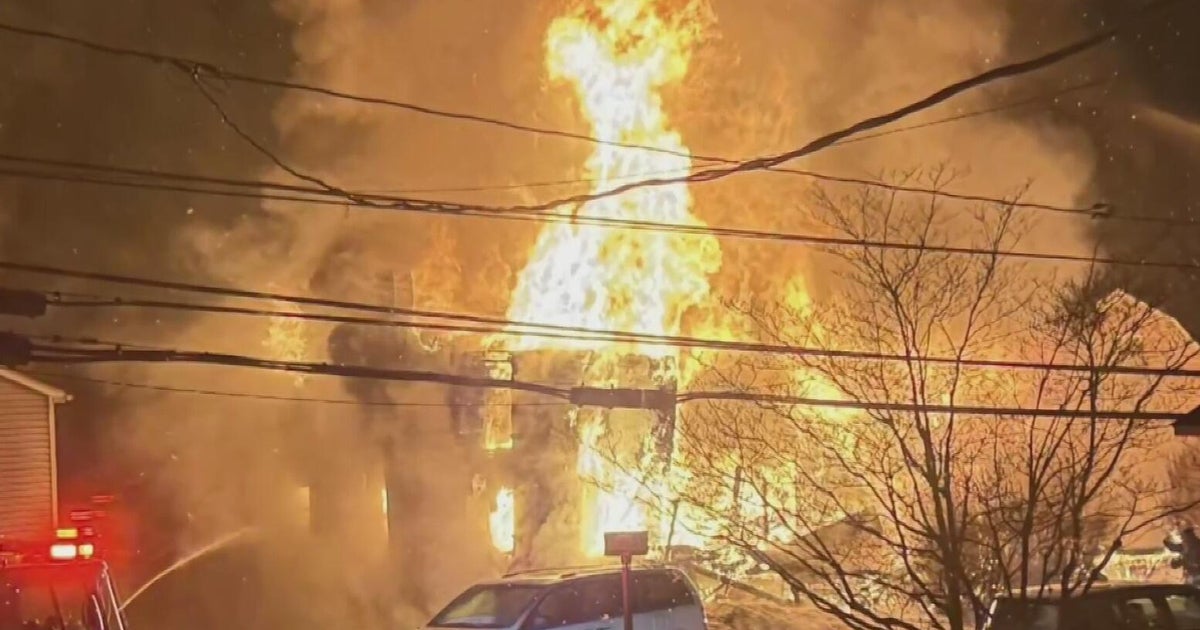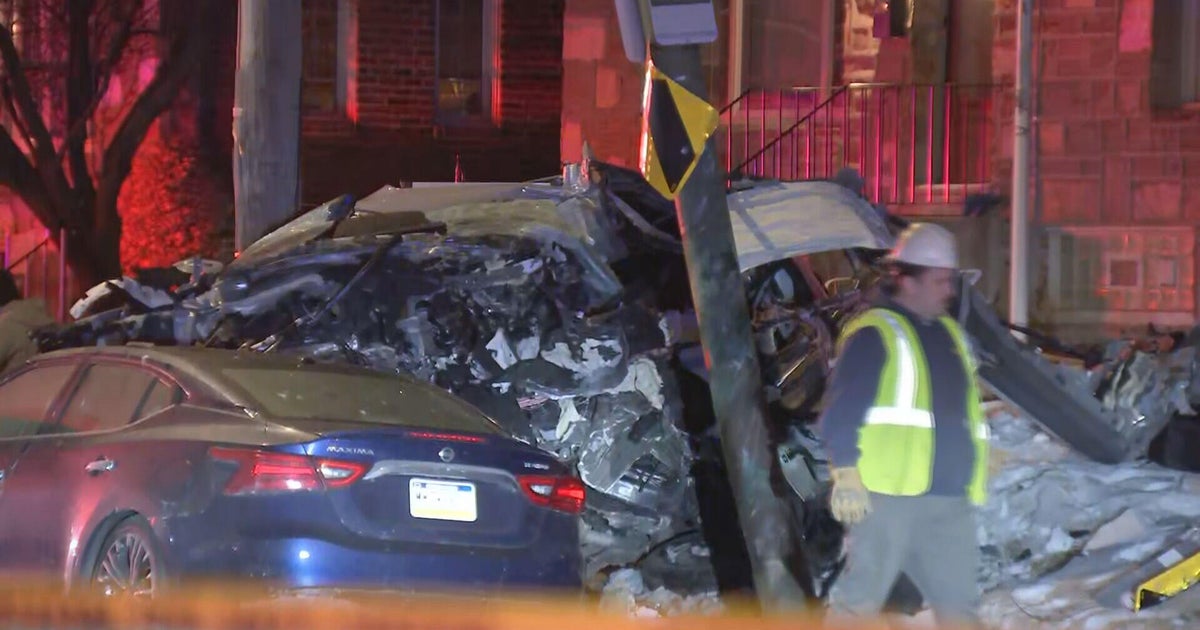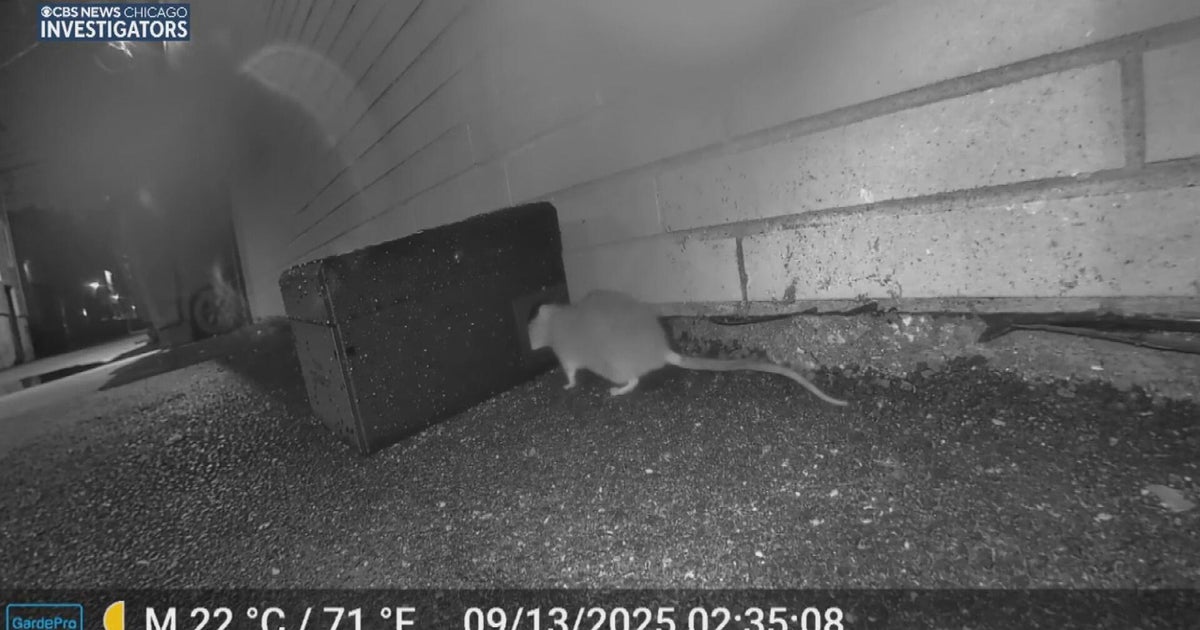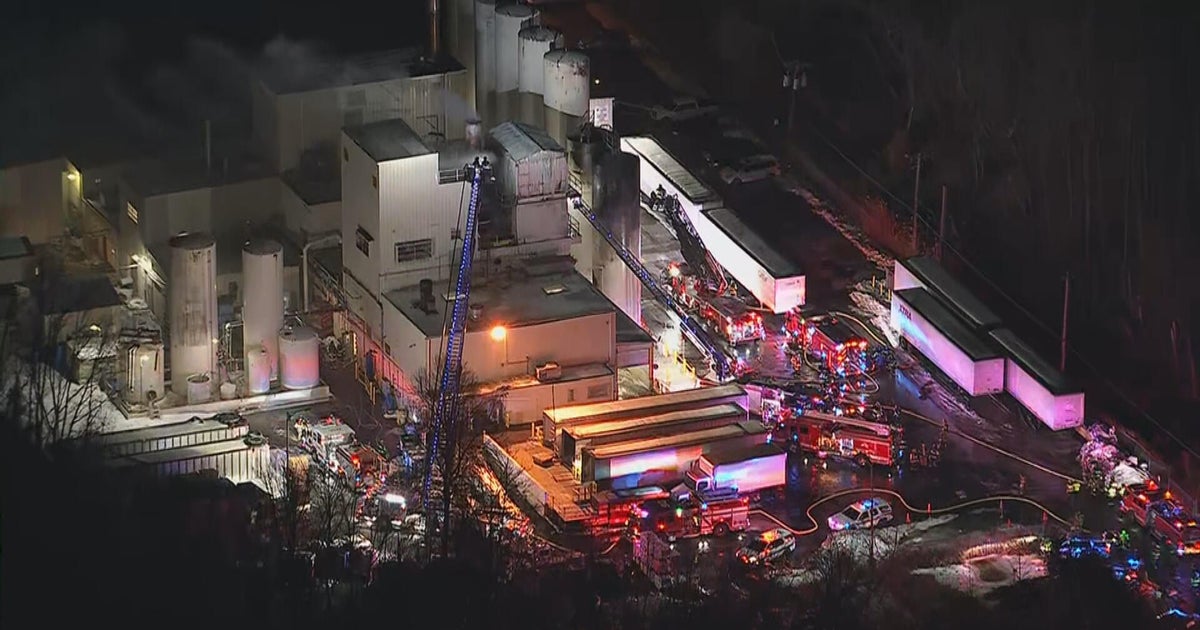Pilot Says Winds Wreaking Havoc While Fighting High Park Fire
BROOMFIELD, Colo. (CBS4) - A pilot told CBS4 that the winds were wreaking havoc on the air attack of the High Park Fire on Monday.
A total of 400 personnel were involved in the battle against the Larimer County fire, which has destroyed at least 100 structures. The air resources on scene included five heavy air tankers, five SEATs (single engine air tankers), two Type 1 heavy helitankers and one Black Hawk helicopter.
Approximately 15 engines are on scene and a Type 1 management team has assumed command as of 6:30 a.m. Monday. Additional ground, air and engines have been ordered.
The Rocky Mountain Metropolitan Airport in Broomfield is command central in the air attack. Seven of the 10 air tankers are operating out of the airport. They are continuously landing, filling up with fire retardant, and then returning to the fire. The refilling process typically takes about six minutes.
The other three air tankers, which are SEATs, are stationed at the Fort Collins-Loveland Airport.
Among the planes at the Rocky Mountain Metropolitan Airport are two heavy air tankers from British Columbia, Canada. They carry about 2,100 gallons of fire retardant. The U.S. Forest Service ordered them to Colorado last week in anticipation of the bad wildfire season. They were stationed in Grand Junction when the High Park Fire started and were at the fire a half hour later.
Pilot Paul Buxton-Carr of the British Columbia Ministry of Forest said fighting the fire has been difficult.
"Strong winds from the northwest, some pretty challenging terrain, a lot of very dry fuels, and a lot of bug-kill up there intermixed all amongst the properties," Buxton-Carr said. "So the fire behavior is very challenging, extreme, and the winds are playing havoc just where the airplanes can fly and the smoke and visibility; so limited where you can actually dispense the retardant."
The smoke from the fire is so heavy that the mountains can barely be seen from the airport in Broomfield.
The planes have about a 40 minute turnaround from the airport to the fire. They are landing about every 10 minutes. As of Monday afternoon the tankers have dropped a total of 116,000 gallons of retardant since they started fighting the fire.
Another heavy tanker from British Columbia is en route to help fight the fire.
A large crowd gathered at the airport to watch the crews in action.
"They just come in here and go out in really quick time and it's like, 'Wow, they kind of need to,' " a young boy said.
"It's definitely a dangerous job and we appreciate everything they are doing," a man said.
Wildfire Resources
- Visit CBSDenver.com's Wildfire Resources section.
- Read recent Wildfire stories.
Wildfire Photo Galleries
- See images from the most destructive wildfire (Fourmile Fire) and largest wildfire (Hayman Fire) in Colorado history.







